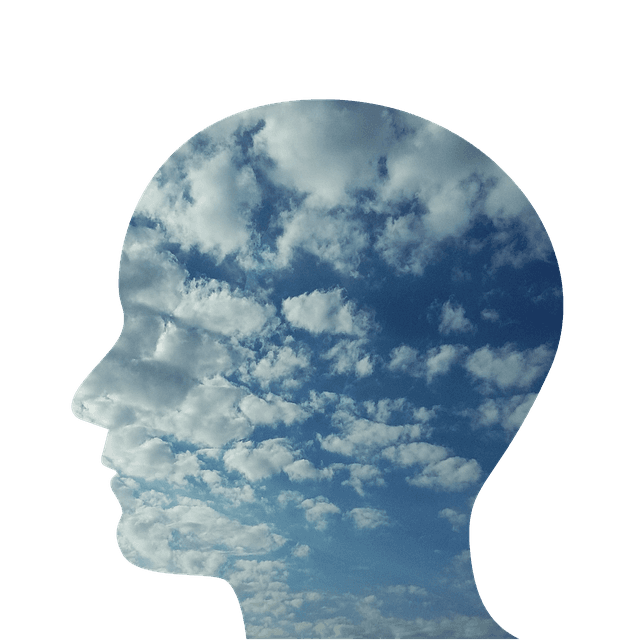Mental health is vital during this time of COVID-19 because “health is indispensable to the quality of human life” (Robinson, 2015). Therefore, we will be doing a disservice to those we serve if we talk about health without mental health. Ideally, there can be no health without mental health. The million dollar question is: how are you caring for your mental wellbeing during this coronavirus pandemic?
The psychological distress associated with COVID-19 may cause you to develop a mental illness. It also can exacerbate your current mental illness and contribute to comorbidity, the simultaneous presence of two mental conditions in a patient. Consequently, it is extremely essential that you take care of your mental health during this time of anxiety, fear, and uncertainty. Additionally, look out for the most vulnerable (children, the elderly, and individuals with special needs) because, most times, they are unable to advocate for themselves.
Bedrocks of Mental Health
I recommend eight bedrocks of wellbeing based on a 2015 article I published in the Family Therapy Magazine entitled “In Pursuit of Self-care: Health and Wellbeing for the MFT.” These eight bedrocks are based on Monica Reed’s book, The CREATION Heath Breakthrough that uses the acronym CREATION. This acronym stands for choice, rest, environment, activity, trust in divine power, interpersonal relationship, outlook, and nutrition.
Choice
You need to be intentional about caring for yourself, and thus make choices that will enhance your overall wellbeing. Choice requires that you eliminate or manage what is harming your mental health and maintain the things that contribute to good mental health.
Rest
Rest is another significant area that you need to focus on, and as a result, you should practice going to bed at a good hour each night. The goal is to try to get seven to eight hours of sleep each night. Relaxation is another practice that can be beneficial but you need to be deliberate about taking time to relax by spending a few minutes each day to pause and reflect on the things that you appreciate about life.
Environment
You can spend time in nature listening to the melodious sounds of the birds while processing the thoughts and emotions that accompany the experience. Spend some time each week in the outdoor admiring the beauty in nature can be extremely helpful. Singing and listening to music can also be a wonderful way of capturing and expressing the thoughts and feelings concerning the experience of spending time in nature. This might be restricted based on where you are due to the impact of COVID-19 but do the best you can.
Activity
This is another way to care for your mind. A twenty to thirty minute indoor jogging on the spot can aid in the reduction of stress. Walking or jogging helps to reduce the tension in the muscles and contributes to an improved sense of health. Gardening is also a useful activity that can function as an outlet for mental and emotional distress and aid you to relax.
Trust in Divine Power
In connecting with the spiritual, you can spend time reading sacred books, praying, singing, attending religious ceremonies, meditating, and reflecting on the things you are grateful for in life. You should only attend religious services only if they are allowed by the laws of your country during this pandemic.
Interpersonal Relationship
Relationship is one of the fundamental needs of humans and thus you need to spend quality with the significant people in your life. This experience can be extremely beneficial. If you are serious about mental health then keep your social circle engaged, probably virtually at this time.
Outlook
In reference to outlook, people need to embrace a positive perspective on life. People’s outlook on life generally influences what they do in this world. If you see life through a negative lens, you are more likely to see obstacles. On the other hand, if you see life through positive lens, then you are more likely to see lots of amazing possibilities. These amazing possibilities will contribute to your sense of fulfillment and overall wellbeing. You must not see negativism as a bad thing in its entirety. A critical perspective can help you to regulate your unrealistic expectations. Positivism on the other hand is not all good, in that; it can lead to impractical expectations. You need to cultivate a balanced perspective on life and that is achieved by having a proper balance between positivism and critical thinking.
Nutrition
Another factor is nutrition. Nutrition is where people pay close attention to their diet and make sure that they are eating properly. A proper diet consists of an abundant supply of fruits and vegetables and fiber, and a minimal supply of starch and proteins. Simply put, a nutritious diet is a balanced one. Consulting with your dietician to customize a nutritious diet that is appropriate for you is essential. A balanced diet can help to improve your mental health.
Additional Bedrocks
Some more tips for mind care are: stay within your body weight, drink lots of water, get sunshine, and take a break from technology. Besides, learn to let go of resentment, manage your time wisely, limit your consumption of negative news, practice the attitude of gratitude, and be hopeful.
In conclusion, it is extremely important that you contact a mental health practitioner if your level of psychological distress interferes with your occupational, relational, and social functioning. These recommendations are not replacement for your mental health provider but are mere guidelines for maintaining optimal mental health. The bedrocks discussed in this article are indispensable to the transformation and revitalization of your mental health.
Marlon Robinson, PhD, is Director of Family Enrichment at Family On Point, LLC
_______________
References
Reed, M. (2007). The CREATION heath breakthrough: Eight essentials to revolutionize your health physically, mentally, and spiritually. New York: Hachette Gook Group.
Robinson, M. (2015). In pursuit of self-care: Health and wellbeing for the MFT. Family Therapy Magazine, 14(4), 24- 27.

